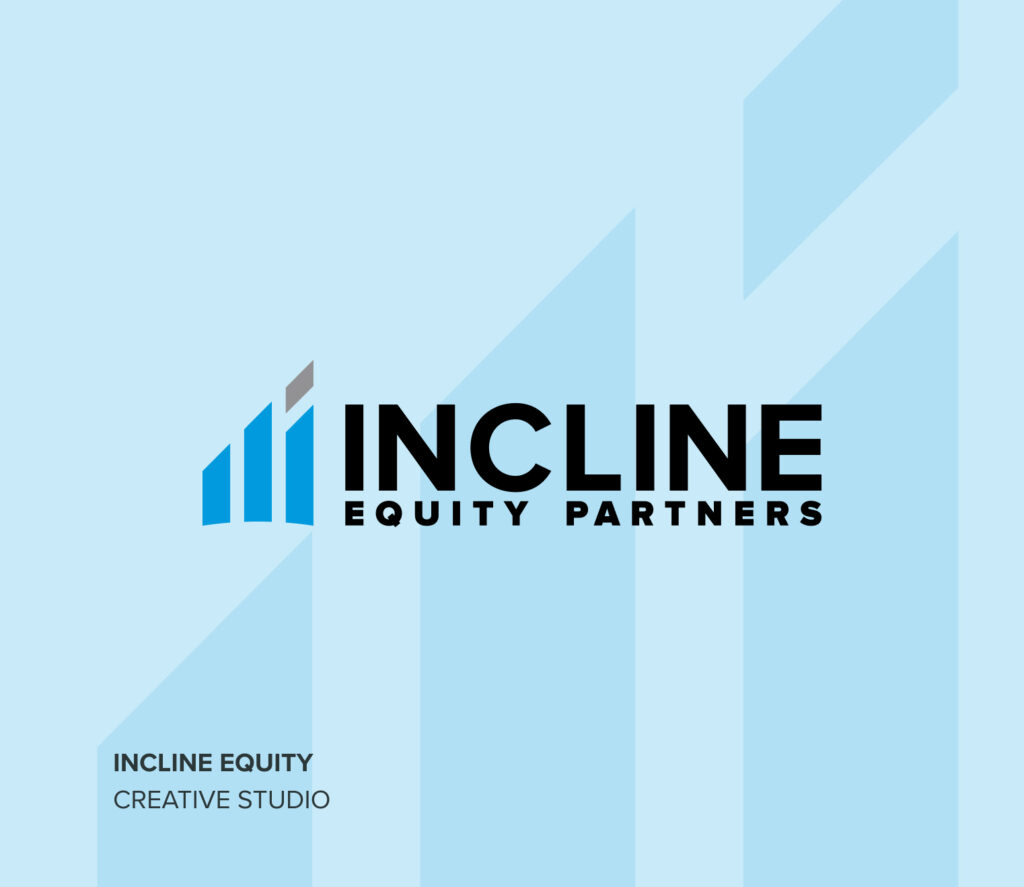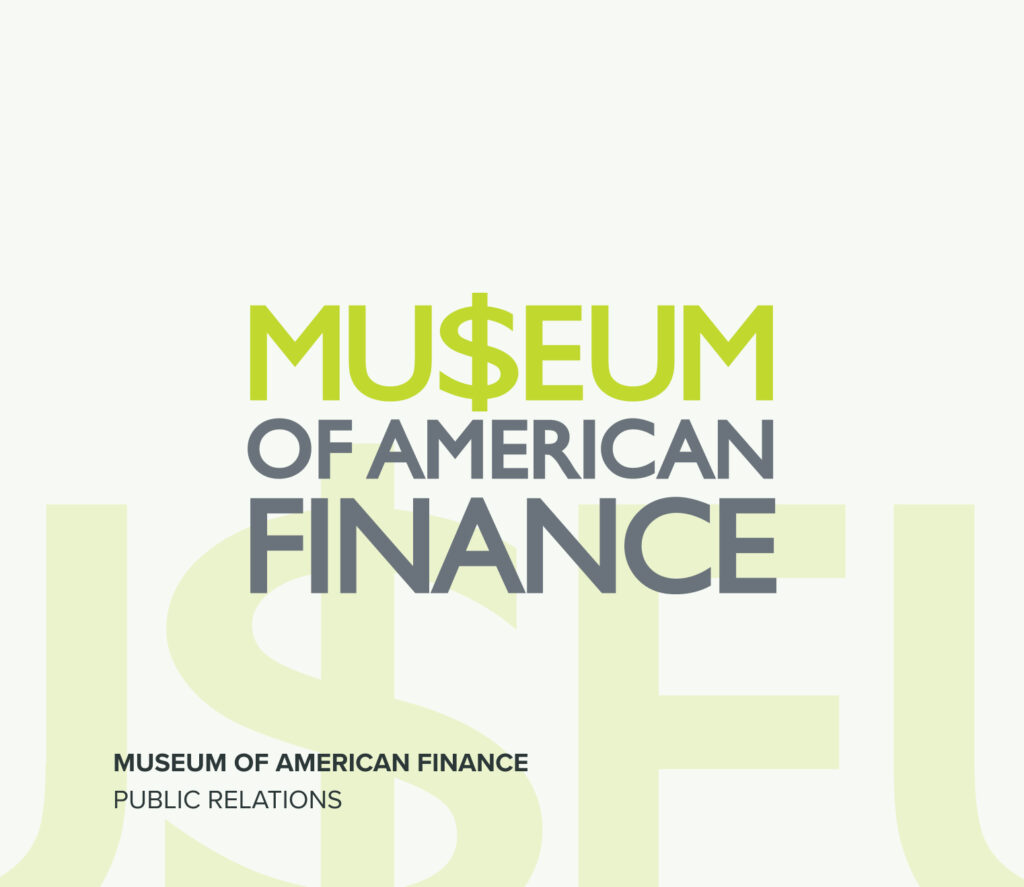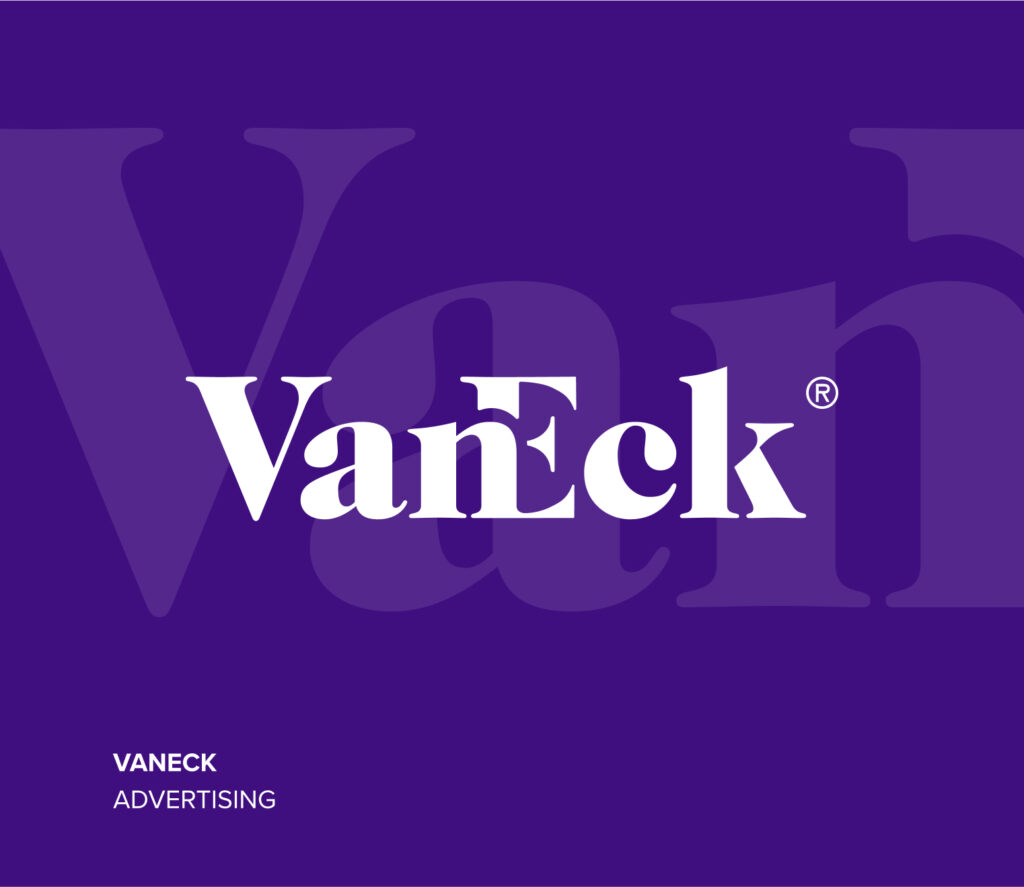Society today is far more antagonistic than it was ten years ago – we are slower to trust, quicker to condemn and, from the perspective of brands trying to engage their audience, harder to resonate with.
With this in mind, it isn’t difficult to understand why society is increasingly fragmented in its views, or why trust in institutions seems to be getting weaker.
Our last blog (the latest in our series on all things change-related!) covered the topic of uncertainty, and how we can influence behavioural change when the only certainty is that we can’t know or predict what’s coming next.
With a significant portion of the UK and parts of the USA workforce currently on remote working standby – and the full extent of the coronavirus outbreak globally as yet unclear, we are certainly living in uncertain times.
Periods of uncertainty often drive a shift in value away from the things that mark out success or wealth in a consumerist society. Uncertainty shifts value systems towards community.
This is what we’re seeing now – consumer preference diverging away from symbols of status, towards people, businesses, influencers, groups and societies ‘like me’. Being surrounded by likeminded people adds security and stability to consumers lives.
For financial marketeers, this means we need a strong brand community in order to effectively reach our audiences and influence their behaviours. We need to be aware that audiences are looking for stability and security, which will inevitably feed into their decision making.
Today’s consumers want to feel consulted and understood. Put simply – be a sibling, not a parent. Brands that align with their audiences, and prioritise understanding their needs and values, will be able to engage more effectively.
The growing importance of community values at the heart of consumer decision-making is perhaps most visible in the meteoric rise of ESG within financial services. That the leading financial institutions globally now have public stances on environmental, social and governance factors is tangible proof that profitability and the bottom line are no longer definitive factors to success. Consumers want accountability, responsibility and a sense of doing good through the choices they make – from buying fairtrade products, to banking with the most ethical service provider (which also treats staff well and has a healthy CSR programme), right through to actually investing in ESG funds.
To attract and engage with consumers in an uncertain environment, brands need to communicate solid values that make customers feel like they are part of a broader community. But the values that underpin your brand and it’s community need to be authentic to really shift the needle and change behaviours. More on that next time…


